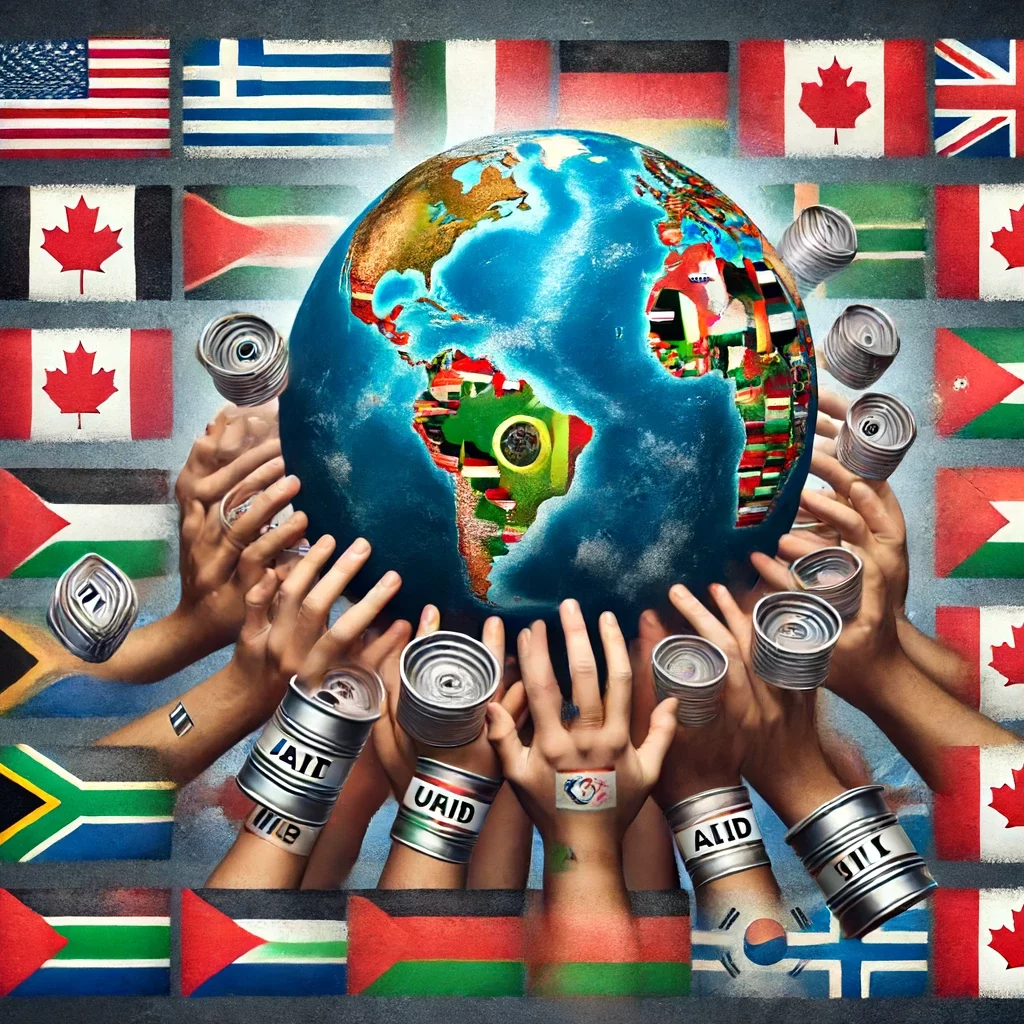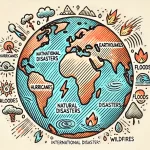Providing international disaster aid is critical to global cooperation. It aims to alleviate suffering and support recovery after natural disasters. However, while appearing altruistic, assisting is often intertwined with complex geopolitical considerations that can hinder effective disaster response and raise moral concerns. Geopolitics, the interplay of geographical and economic factors in international relations, significantly shapes disaster aid practices.
Instead of being solely driven by humanitarian concerns, donor countries often prioritize their own political and economic interests when deciding how and where to distribute aid.
This can manifest in several ways.
Donor countries may prioritize aid to nations that are strategically important, viewing disaster assistance as a means to strengthen alliances or secure a competitive advantage. For example, a country might provide more aid to a nation located in a strategically important region or with significant natural resources. Such decisions reflect a calculated approach where aid becomes a tool to further national interests rather than simply addressing human needs.
Furthermore, disaster aid can enhance a country’s image abroad. By assisting, donor countries can present themselves as compassionate global citizens, potentially masking other geopolitical motives. This “aid for image” type can be seen as a form of soft power, where countries leverage aid to influence global perceptions and advance their foreign policy agenda.
Conversely, recipient countries navigate the complexities of accepting aid while grappling with sovereignty and national pride issues. Accepting help can be perceived as a sign of weakness or dependence, potentially undermining a country’s autonomy. This country’s vulnerable appearance can lead to countries refusing aid, even when it is desperately needed. Japan’s reluctance to accept aid after the Kobe earthquake exemplifies this dynamic.
The geopolitical dimensions of international disaster management raise significant moral concerns.
When aid becomes entangled with political maneuvering and economic self-interest, the true motivations behind the assistance are questionable. The needs of disaster-affected populations should be paramount, yet geopolitical calculations often overshadow genuine humanitarian concerns. The prioritization of strategic interests over human well-being represents a moral failing in international disaster response. This confluence of geopolitics and disaster aid underscores the need for a more ethical and needs-based approach to international disaster management.
References
Introduction to International Disaster Management, Third Edition

